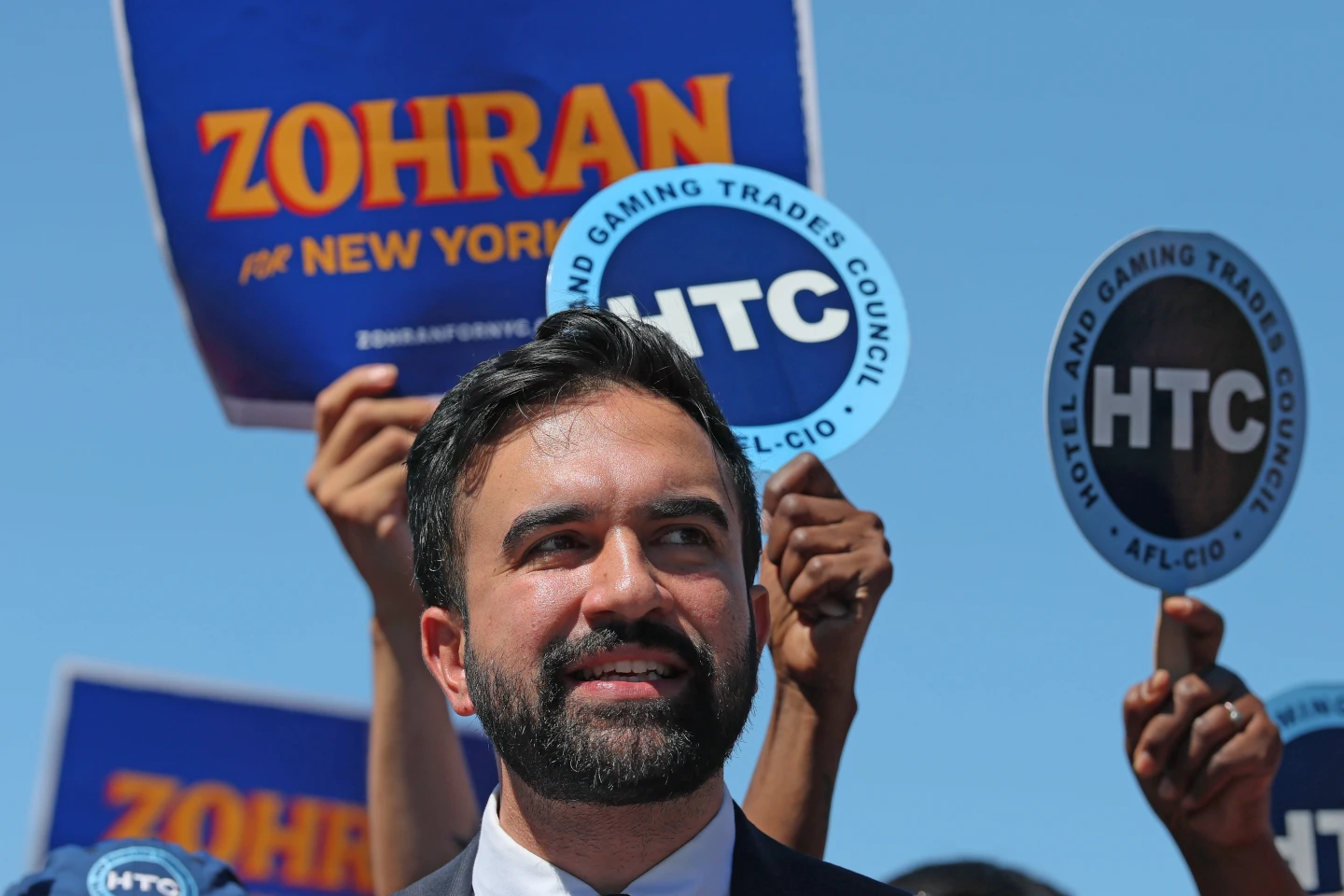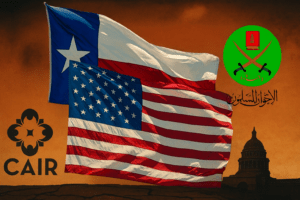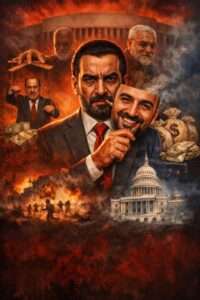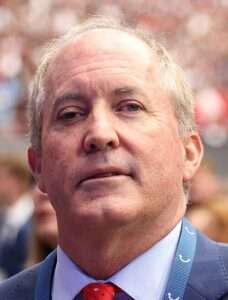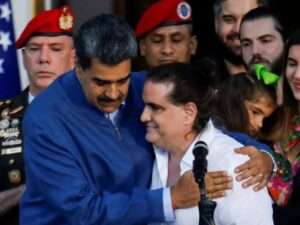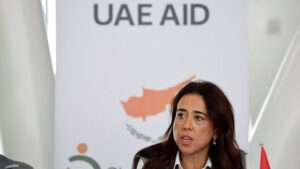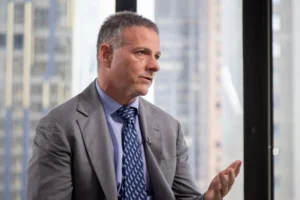By Khalil El Kadi
Zohran Kwame Mamdani, the Democratic nominee for New York City mayor, has ignited a political firestorm with his campaign, drawing an estimated 13,000 supporters to a recent rally in Queens. The 33-year-old state assemblymember, identifying as a democratic socialist, has rallied young voters, renters, and immigrant communities with bold promises of rent freezes, free public transit, and expanded social services. In a city grappling with rising crime, unaffordable housing, and fiscal challenges, Mamdani’s economic populism has positioned him as a potential leader to reshape the Democratic Party’s future. However, his rise is overshadowed by serious allegations from critics, including Jewish advocacy groups and political opponents, who accuse him of harboring sympathies for Hamas, the U.S.-designated terrorist organization responsible for the October 7, 2023, attack that killed 1,200 Israelis and took over 250 hostages. Supporters argue these claims are Islamophobic attacks rooted in his Muslim immigrant background. This article examines Mamdani’s record, associations, and statements to distinguish fact from political narrative.
Born in 1991 in Kampala, Uganda, to scholar Mahmood Mamdani and filmmaker Mira Nair, Zohran Mamdani moved to South Africa at age five before settling in Manhattan at seven. Raised in a secular Muslim household, he attended the elite Bronx High School of Science and graduated from Bowdoin College with a degree in Africana studies. Before entering politics, he worked as a housing counselor and performed as a rapper under the name “Mr. Cardamom,” blending hip-hop with social justice themes. Elected to the New York State Assembly in 2020 as a Democratic Socialists of America member, Mamdani stunned the establishment by defeating Andrew Cuomo in the 2025 Democratic mayoral primary. His background, however, has drawn scrutiny. A 2009 Columbia University application allegedly listed him as “Black or African American,” which he later attributed to his complex identity as an African-born immigrant. Additionally, his father faced accusations from Ugandan activist Stella Nyanzi of suppressing her LGBTQ+ research in 2016, including locking her out of her office. Mamdani has distanced himself, emphasizing his pro-equality record, but critics see these incidents as signs of inherited radicalism.
The most serious allegations against Mamdani focus on his stance on the Israel-Palestine conflict. A vocal supporter of the Boycott, Divestment, and Sanctions movement, he has labeled Israel an “apartheid” state and called for ending U.S. military aid. His statement on October 8, 2023, issued a day after Hamas’s attack, mourned deaths “across Israel and Palestine” but emphasized Israel’s “apartheid” without mentioning Hamas. The Israeli Foreign Ministry later called him a “mouthpiece for Hamas propaganda.” More damning is his 2017 rap song “Salaam,” which praised the “Holy Land Five,” leaders of the Holy Land Foundation convicted in 2008 of funneling $12 million to Hamas under the guise of charity. The foundation, once the largest Muslim charity in the U.S., was shut down as a terrorist front, with its leaders receiving 15–65-year sentences. Mamdani has described the lyrics as “artistic expression” but has not disavowed them.
Mamdani’s associations further fuel concerns. He has appeared at campaign events with Imam Siraj Wahhaj, an unindicted co-conspirator in the 1993 World Trade Center bombing plot, who has also hosted figures linked to Palestinian Islamic Jihad. He has collaborated with activist Linda Sarsour, a BDS advocate with past praise for Hamas-linked figures. In April 2025, Mamdani joined a three-hour livestream with Hasan Piker, who has defended Hamas’s actions and made inflammatory anti-Israel remarks, without challenging him. He also supported Mahmoud Khalil, a Columbia student arrested for “Hamas-aligned activities.” In a recent television interview, Mamdani avoided directly addressing whether Hamas should disarm, citing “international law” instead of condemning the group outright.
Critics, including the American Jewish Committee, have condemned Mamdani’s use of “genocide” to describe Israel’s actions and his refusal to affirm Israel’s right to exist as a Jewish state. He has also declined to denounce the slogan “globalize the intifada,” which opponents view as inciting violence against Jews. During a 2025 debate, Andrew Cuomo and Republican Curtis Sliwa pressed him to condemn Hamas directly, a challenge he sidestepped. Supporters, including progressive Jewish groups like Jewish Voice for Peace, argue his positions are anti-Zionist, not antisemitic, and grounded in human rights advocacy. Mamdani has called antisemitism a “crisis” and referenced the death of Israeli Noy Katsman’s brother in the October 7 attack to underscore shared suffering. However, a story he told in an October 2025 speech about his aunt’s fear of wearing a hijab on the subway post-9/11 was later debunked, as she lived in Tanzania at the time.
The controversy has sparked intense backlash. Far-right figures warn of catastrophic consequences under Mamdani’s leadership, while Cuomo’s campaign briefly ran an AI-generated ad depicting him with criminals in a keffiyeh, later deleting it. Advocacy groups report a surge in Islamophobic incidents, including calls to deport Mamdani despite his U.S. citizenship. Meanwhile, polls show 38% of Jewish New Yorkers support him, suggesting his economic message resonates despite foreign policy divides. The debate has polarized public discourse, with critics highlighting his rap lyrics and associations, while defenders decry what they call anti-Muslim vitriol.
Mamdani’s platform focuses on progressive reforms: redirecting police overtime funds to housing, creating mental health response units, and expanding social services. These proposals appeal to a city where 60% of renters face cost burdens. However, his ties to figures like Wahhaj alarm former law enforcement officials, who question his ability to lead a city marked by the memory of 9/11. While no evidence directly links Mamdani to terrorist activities, his praise for the Holy Land Five, evasive rhetoric on Hamas, and controversial associations raise concerns about his judgment in a city where 12% of residents are Jewish.
As New York City approaches the election, Mamdani’s campaign tests the boundaries of progressive politics in America’s largest metropolis. His vision for economic reform captivates a struggling populace, but his foreign policy stances and past associations risk alienating voters wary of extremism. The evidence—rap lyrics, event appearances, and selective outrage—suggests an ideological alignment with anti-Israel extremism, though not direct support for terrorism. With early voting underway, New Yorkers must decide whether Mamdani’s promise of change outweighs the uncertainties of his past. The outcome will shape not only the city’s future but also the trajectory of progressive politics nationwide.

